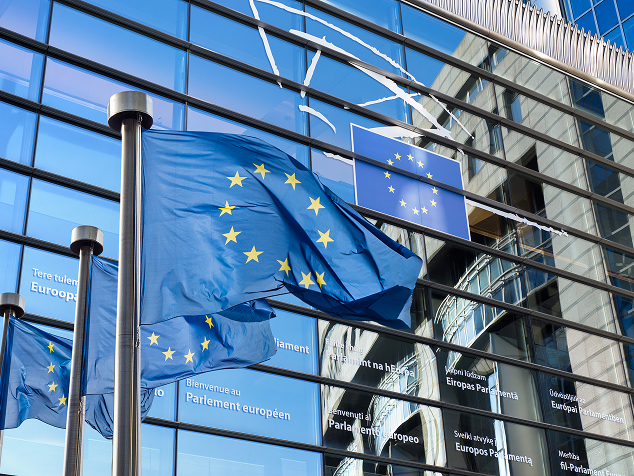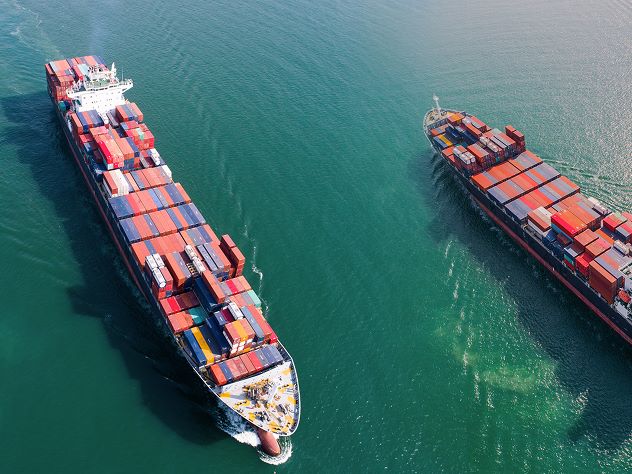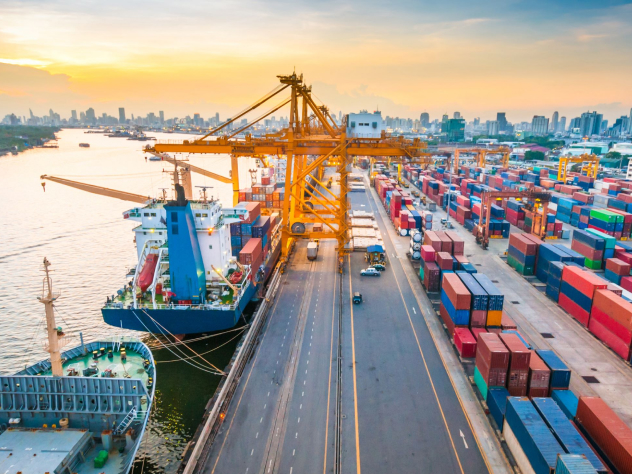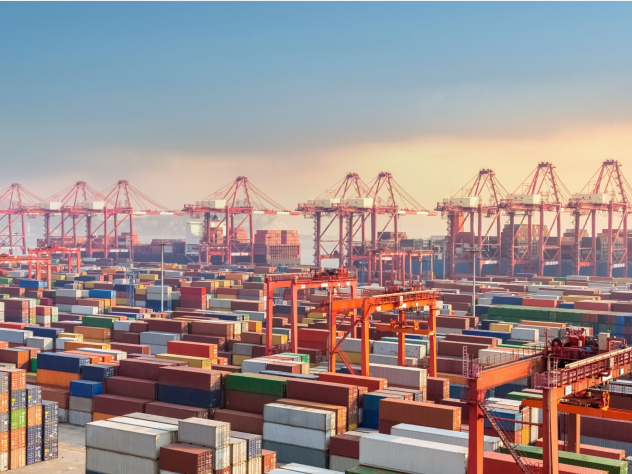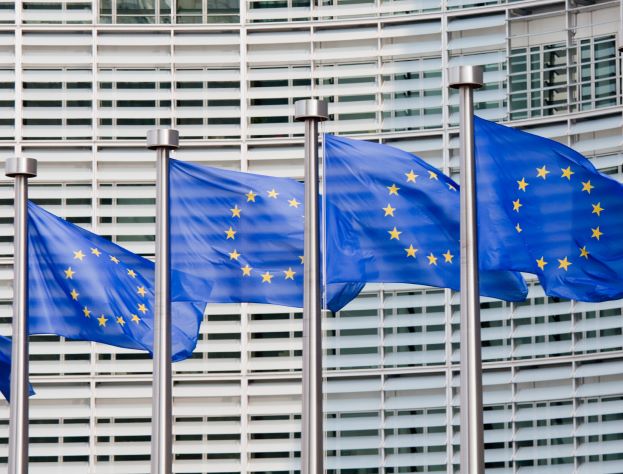Back Save on customs-related costs in the Middle East with Kuehne+Nagel's expertise
How to
Five cost-saving steps in customs within the Middle East
Wisam is specialised in customs regulations across the Middle East and Africa. As VP Customs Middle East and Africa at Kuehne+Nagel, he drives the growth of the customs business across the region by leading local customs experts and fostering strong, collaborative partnerships with customers.
1. The benefits of a single broker
Wisam: Many companies operating across the Middle East rely on different customs brokers for each country. Yet, by partnering with one broker, businesses can benefit from standardised procedures, which reduces the risk of errors and discrepancies. A single point of contact also simplifies communication, eliminating the need to coordinate between multiple brokers. At Kuehne+Nagel, we also use tools like Optical Character Recognition (OCR), which learns and adapts to each customer’s documentation format over time, further minimising errors and improving efficiency.
Kuehne+Nagel’s strong presence across all Middle Eastern countries allows us to provide seamless support. I always introduce customers to all National Customs Directors in the relevant countries, creating a direct and trusted connection.
Our strong presence in the Middle East allows us to provide seamless customs support.
Wisam Hakim,
VP Customs for the Middle East and Africa at Kuehne+Nagel

2. Understand the value your broker provides
Wisam: When businesses request and compare quotes, they should be mindful that not all offers are alike. Some brokers may exclude handling fees or other charges, giving the illusion of a lower cost upfront. Others may overstate their knowledge of local regulations, potentially causing compliance issues and unexpected expenses down the line.
At Kuehne+Nagel, we prioritise transparency. Our quotes reflect all costs, and we’re upfront about our capabilities and expertise, ensuring you get a clear and accurate picture from the start.
3. Reporting for greater efficiency
Wisam: Several years ago, detailed customs reports were seldom requested by businesses. However, as customs regulations have become increasingly complex—particularly for international clients—this demand has grown. Effective reporting not only helps customers pinpoint where customs-related costs arise but also highlights valuable opportunities for cost savings. For instance, businesses can discover ways to consolidate shipments, leverage preferential trade agreements, and optimise tariff classifications to reduce duty expenses.
At Kuehne+Nagel, we provide automated, comprehensive reports and expert consultation, empowering customers to maximise cost efficiency.
4. Smart use of product classification and tariff codes
Wisam: Accurate classification is essential for compliance with import and export regulations across all countries, leaving no room for ambiguity. Customers must ensure precise product classification to avoid increased duties and penalties—an oversight many have unfortunately learned the hard way. However, with an experienced customs broker, this risk can be significantly reduced.
Tariff engineering also offers a strategic approach to minimising duties. Product modification can be a way to achieve this. However, doing this right requires a solid understanding of trade laws and product classifications. Kuehne+Nagel can support that.
5. Apply Free Trade Agreements (FTAs)
Wisam: FTA (Free Trade Agreement) is a widely used term in our industry. However, awareness of the specific FTAs applicable in certain regions, such as the Middle East, is often limited. As customs brokers, it’s our responsibility to educate customers on these agreements and how they can leverage them to reduce or even eliminate duties when applied correctly.



